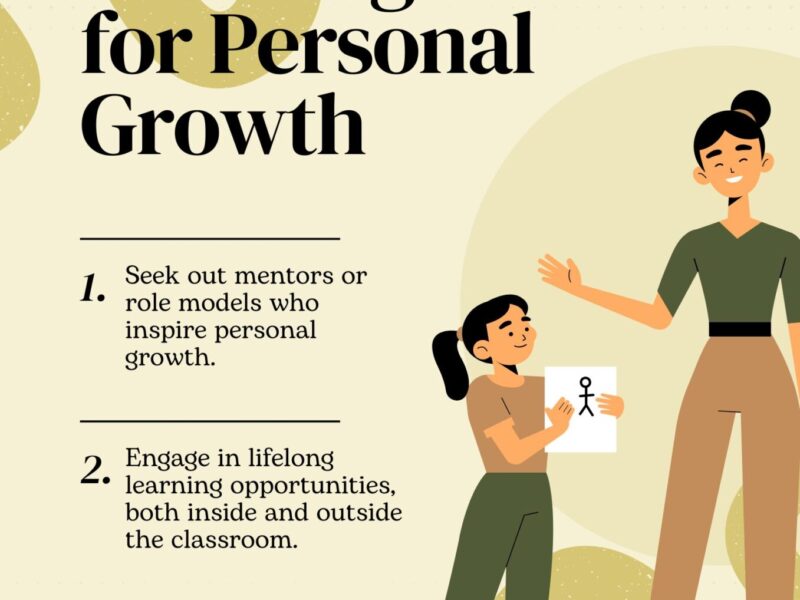Today, the online learning environment has shaped education so that millions in the world acquire flexible, accessible knowledge.However, it is the kind of structure that demands responsibility to manage personal learning.The Importance of Self-Discipline in Online Learning Success. This article sheds light on the idea that self-discipline is important for online education success as well as barriers to the process of individual learning, and techniques to develop and strengthen this essential attribute.
Self-Discipline in Learning Online
Control is the ability to regulate and redirect the individual behavior, emotion, and impulse quite long-much toward future benefits. In this context of online learning, self-control means having time, effort, and attention set aside to complete courses, attend online classes, and work with course materials consistently.
In contrast to traditional learning places, the online course is not supervised.Why self-discipline is particularly important in online learning Flexibility may turn out to be two-edged sword.
One of the greatest attractions of online learning was flexibility. Students could learn at their own pace, create their own schedule, and access materials from anywhere at any time. This very freedom, however, can lead to complacency without having structured oversight. It is self-discipline that helps learners in staying consistent and making a good progress.
Minimize the Procrastination
This is the main barrier to online learning. Since there is no immediate pressure from a group of peers or tutors, some students might wait until the last minute before getting down to the work. Regular habitual study and prioritization of academic matters is how self-discipline fights off this tendency.
Facilitating Self Learning
Independent self-directed learning is a hallmark of online qualifications. The students have to find out where things are, read the material, and discuss the content or their ideas quite actively, all on their own. Self-discipline enhances the persistence and curiosity needed to adapt to this kind of learning.
Staying Focused in the Midst of Incessant Distractions
The online world brings us lots of different distractions: notifications from social media networks; keeping up with house chores. With the help of self-discipline, a learner can build that focused workspace, devoid of distractions, and ensure full engagement in studies.
Time Management Skill Development
Self-discipline is synonymous with pretty good time management. Most time, online learners must combine studies with work, family, and their other commitments.
You’re mastering data straight until October 2023.
No Real-Time Accountability
In offline classes, teachers and peers hold the student accountable at the moment; however, these things get deferred in online classrooms, making it easier for students to lose track or just skip assignments.
Isolation and Zero Motivation
An online learner tends to be all alone at the moment and lacks the same kind of camaraderie and shared experiences associated with being in a physical classroom. This isolation can then lead to lack of motivation and engagement.
How to Cultivate Self-Discipline for Online Learning Success
Set Clear Goals
You need to specify what exactly you want to achieve using the online course. Break it into smaller milestones that are easy to achieve. Setting clear objectives provides a sense of purpose and direction, which gives impetus to the discipline.
A Dedicated Workspace
A clearly defined, distraction-free area of study. The designated area is also a signal to your brain to activate focus mode and follow through.
Establish a Routine
Determine study periods on a daily or weekly basis. Treat the online course as a real classroom visit, setting time for lectures, assignments, and review periods. Consistency is vital for establishing discipline.
The Time-Management Tools
Utilize tools such as calendars, to-do lists, and productivity applications to organize your tasks. Prioritize assignments in order of difficulty and deadlines so that you are always ahead of the curve.
Minimize Distractions
Minimize all the distractions around you from your study environment. Disable social media notifications, notify family members about the study hour, and site blockers can be used if one asks for it.
Stay Engaged
Participate actively in the discussions, group projects, and live sessions to foster accountability and keep you motivated throughout the course.
Seek Support
Gather experience from an instructor, a co-learner, or even an online community that should suffice when you need help. The sharing of challenges and counseling helps in making the experience of learning feel less lonely and even strengthens the resolve to continue learning.
Celebrate Small Wins
Give yourself a pat on the back whenever you have completed a task or achieved a milestone. Positive reinforcements will tend to build up your declines, encouraging you to keep on going.
Self-discipline in Online Learning: Long-Term Gains
One learns self-discipline in online learning and the benefits of this training reach well beyond the virtual classroom:
Good Career Prospects
The organization looks up to discipline and self-managing characteristic individuals who will stand critical in time and deadline management and who can operate independently. These things develop through online learning and maybe elevated in future career opportunities.

Conclusion
Online education is one of the most powerful factors in personal and professional development, but to skit for it, one needs to be determined and self-disciplined. Self-discipline is the crux of success in this mode as a learner remains cognizant, learns to cope with difficulties, and achieves aims. Through goal setting, developing time management, and active involvement with the course material, the student will take advantage of this mode of education.

